The Tuareg tent, symbol of a traditional way of life
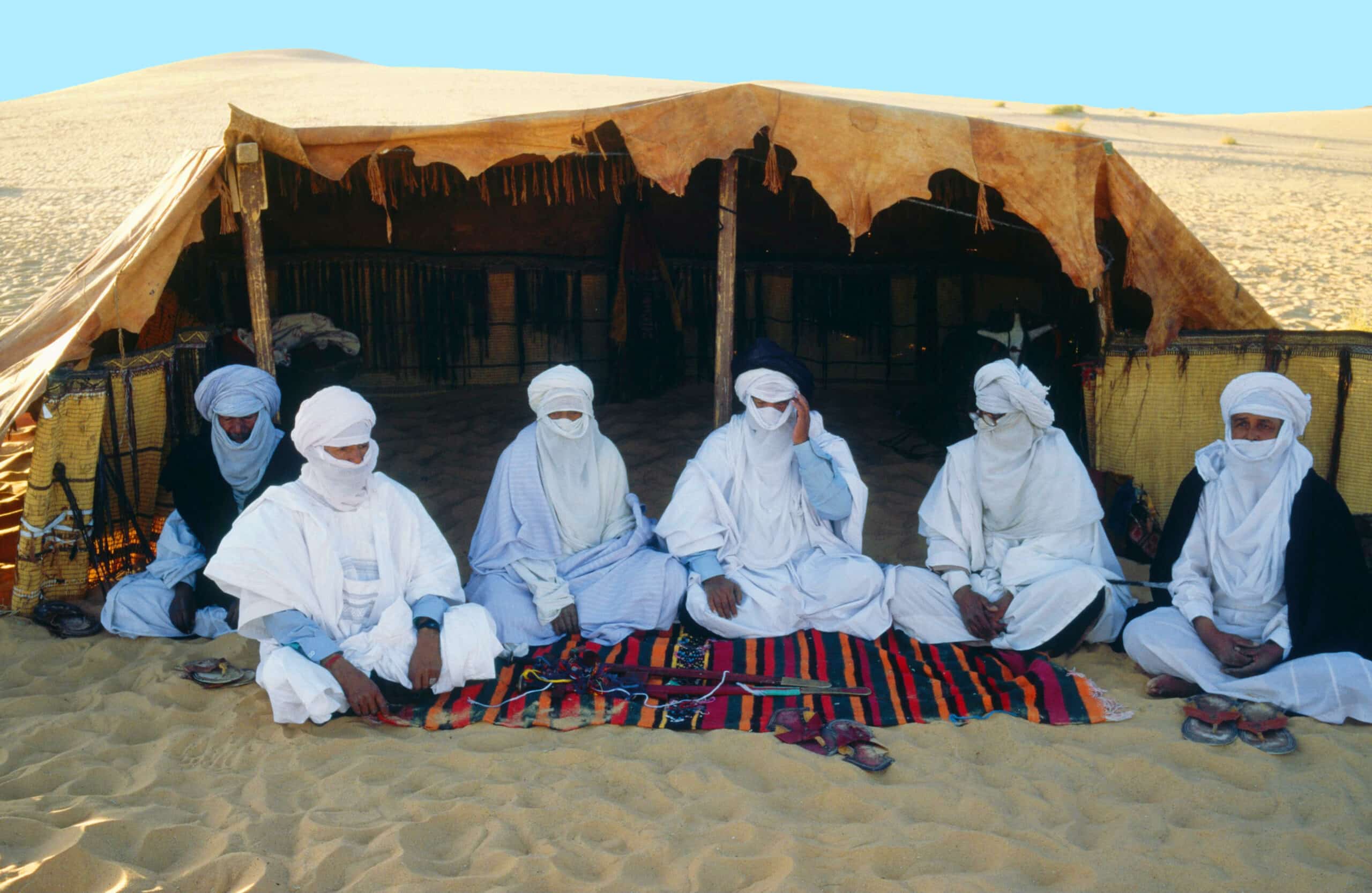
Publié le 14 February 2025
par kelly • No Comments
While many nomads, particularly in the Algerian Sahara, have settled down over time, the tent remains an essential symbol of their culture. For the Tuareg, it is much more than a simple shelter: it represents a way of life, an identity and a heritage handed down from generation to generation. In Tamahaq, the language of […]
Lire la suite
The Tuareg language: Tamahaq, the heritage of a nomadic people
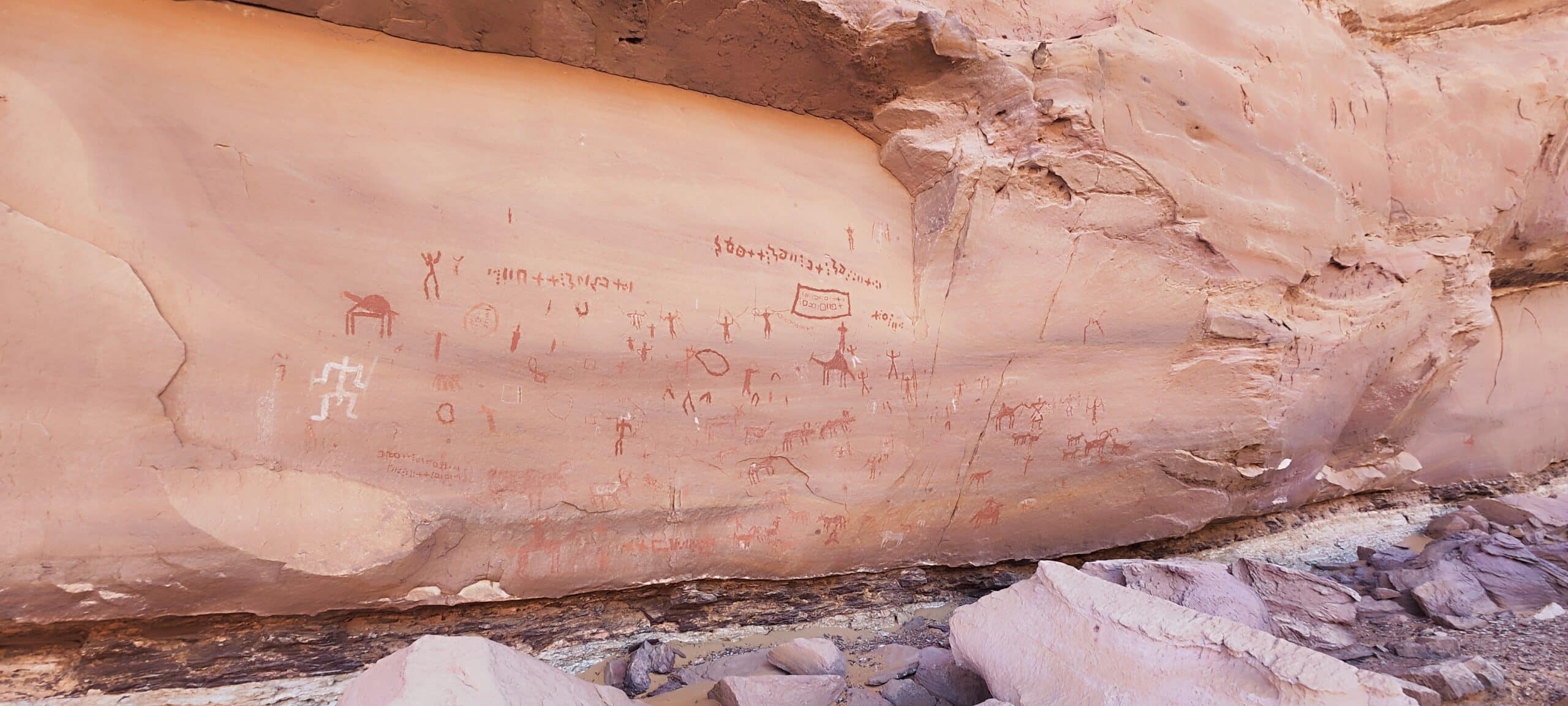
Publié le 15 January 2025
par kelly • No Comments
Tamahaq, the language of the Tuareg, is a linguistic treasure trove from Berber culture. With its unique script, Tifinagh, and its many dialectal variants, this language embodies the history and identity of the nomadic peoples of the Sahara. Find out more about its origins, its distinctive features and the efforts being made to preserve this […]
Lire la suite
La Sebiba: a thousand-year-old festival in the heart of the Djanet oasis
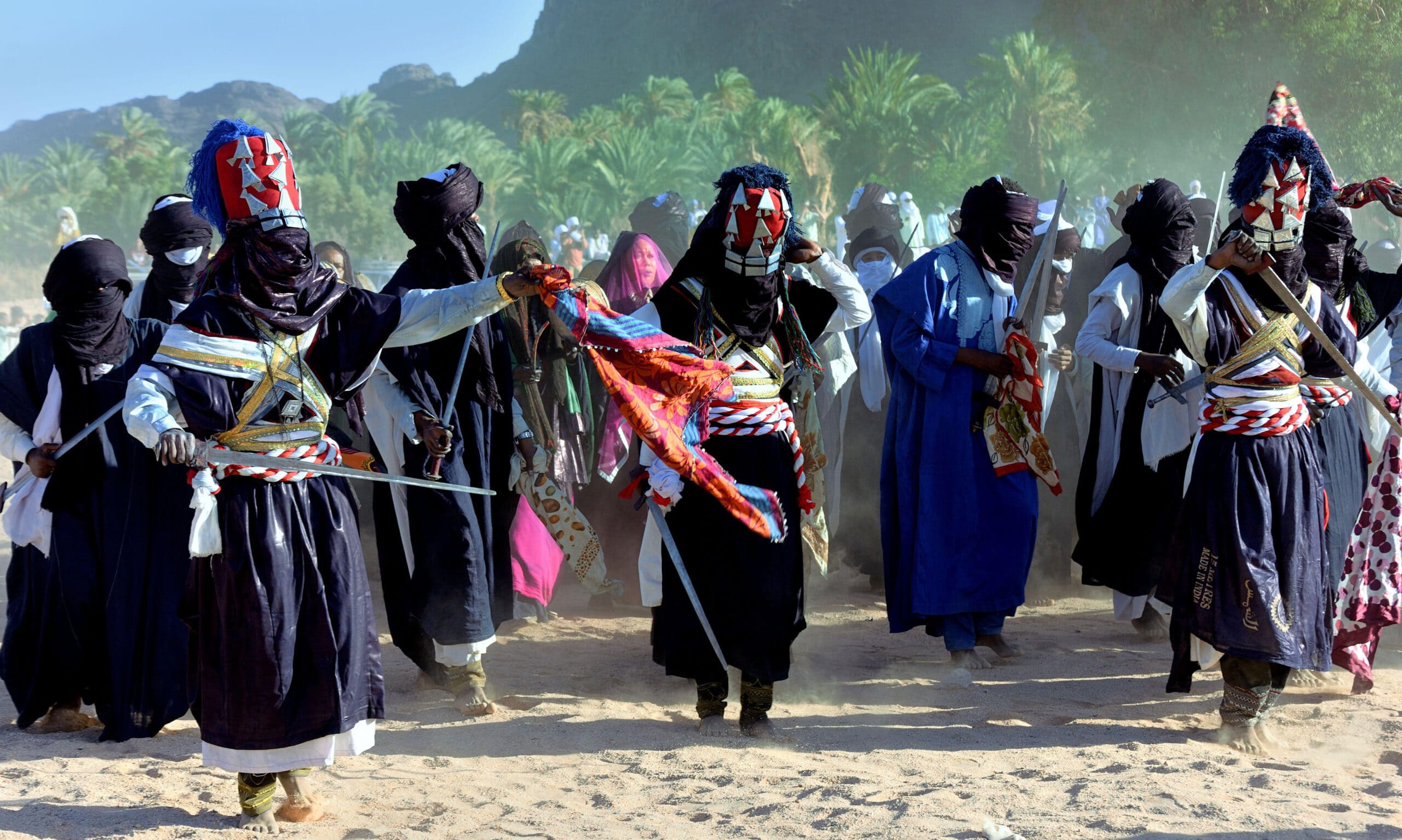
Publié le 26 November 2024
par kelly • No Comments
Lire la suite
The beauty rituals of the Tuareg woman: between tradition and elegance
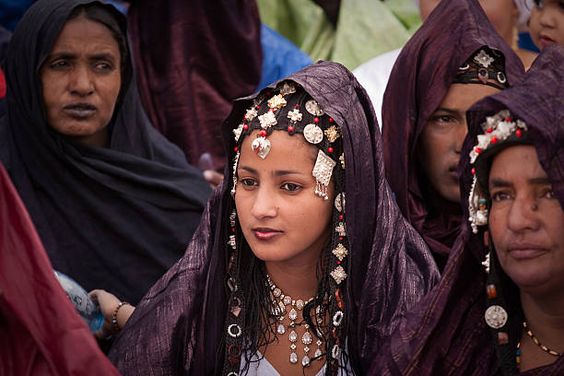
Publié le 22 September 2024
par kelly • No Comments
Tuareg women are known for always being radiant and coquettish. Their fine features, combined with their natural beauty, make them beauty queens, even in the middle of the desert. These women maintain a drastic beauty ritual, passed down from mother to daughter, through a number of practices. Discover the beauty rituals of Tuareg women. Hair: […]
Lire la suite
The Tuareg people: territory and tribes
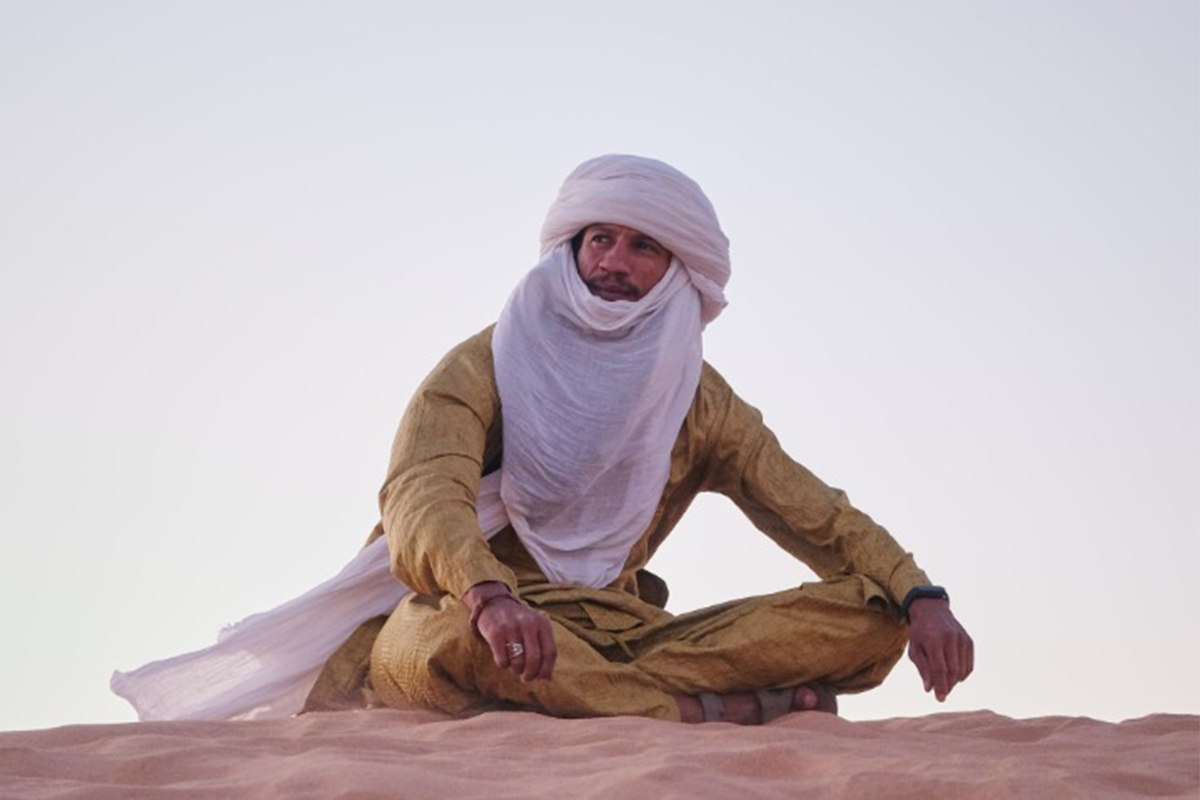
Publié le 7 May 2024
par kelly • No Comments
The Tuareg, nicknamed the ‘blue men’ because of their indigo chèche, are a nomadic people of the central Sahara. The Tuareg people live in several North African countries, including Mali, Niger, Algeria and Libya. Calling themselves the Kel Tamajeq (Berber: ⴾⵍ ⵜⵎⴰⵣⵗⵜ Kel Tamajeq), they are a Berber ethnic group and speak the Berber language. […]
Lire la suite
The chèche, emblem of the ‘blue men’s’ identity
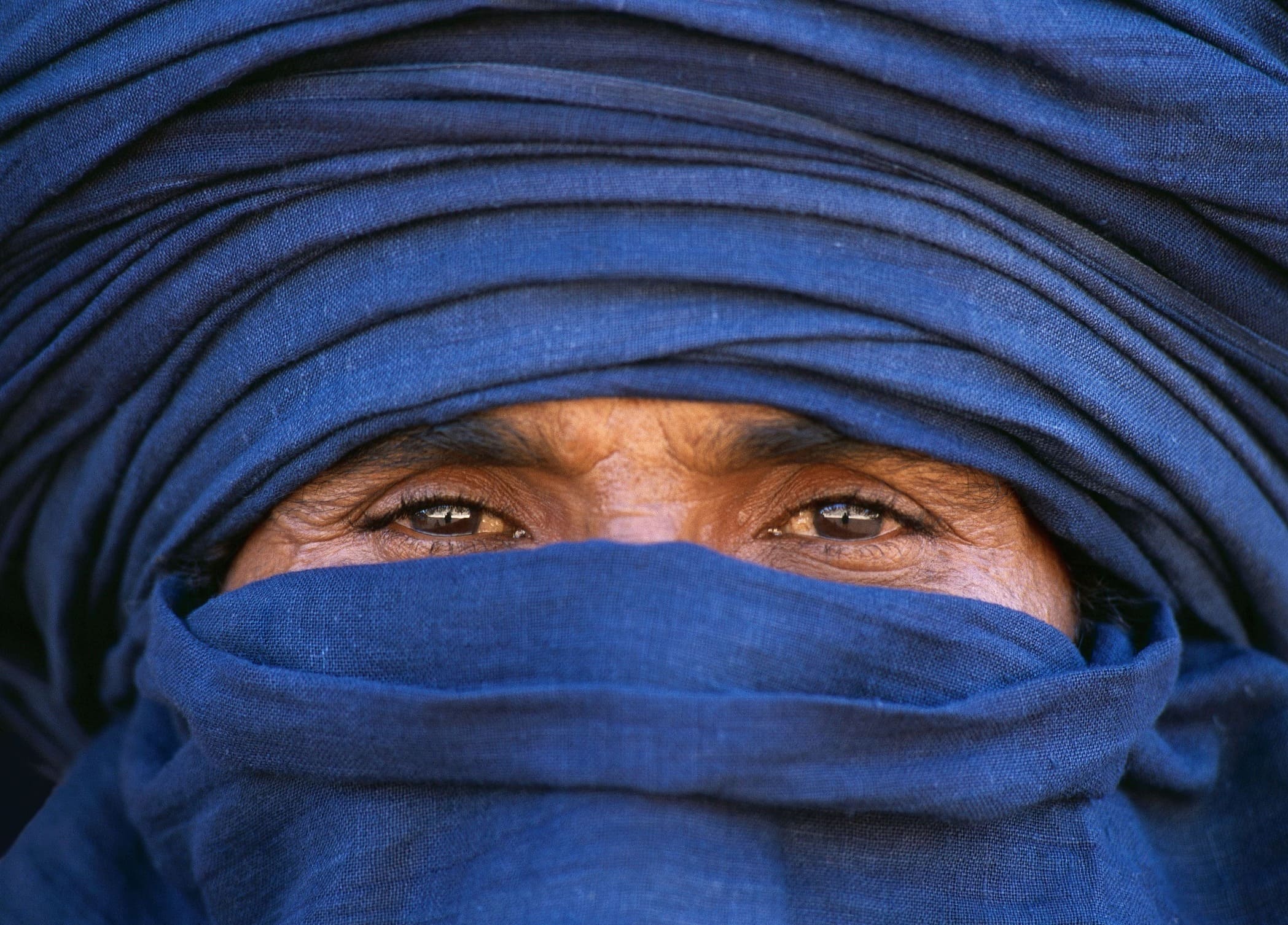
Publié le 27 April 2024
par kelly • No Comments
In the vast expanses of the Algerian Sahara and among the Tuareg tribes, the chèche is much more than a simple garment; it is the cultural symbol par excellence. Worn proudly by Tuareg men, it embodies the identity, traditions and history of this nomadic people. What is the chèche and where does it come […]
Lire la suite






